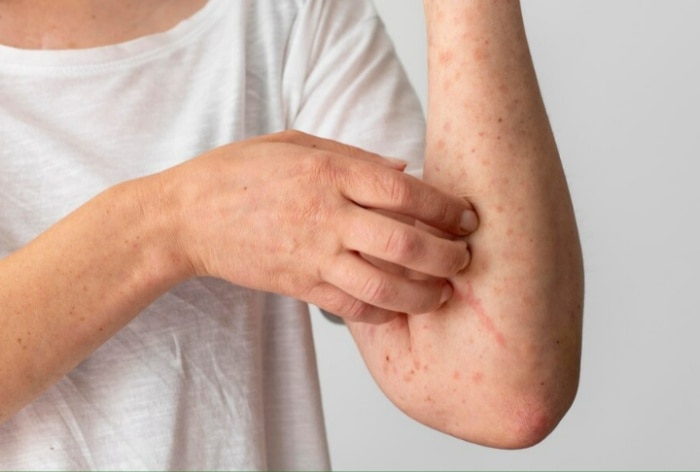Mpox outbreak has got the entire world on its toes. Read on as experts explain about the ways how mpox virus spreads, treatment and more.

Mpox is an illness caused by the Monkeypox virus, which belongs to the same family of viruses as the one responsible for smallpox. Individuals infected with M-pox typically develop a painful rash accompanied by various other symptoms. This rash progresses through several stages, eventually forming scabs before it heals completely. The rashes can be confused with other viral diseases like chicken pox, measles, handfoot mouth disease and like.
Mpox Cases on Rise: Vaccine to First Symptoms, 6 Essential Things to Know About This Global Health Scare 
On 14 August 2024 WHO declared the outbreak in parts of Africa a public health emergency of international concern. A significant outbreak is ongoing in the Democratic Republic of Congo (DRC). Children are at a higher risk of contracting compared to adults. In the DRC, 70% of the 14,901 cases have been in children under 15, with 39% of these cases affecting children under five, according to the World Health Organization (WHO). The fatality rate for children in the DRC is nearly four times higher than for adults. The most recent variant of M-pox, clade 1b, was identified in the DRC in September 2023 and has since been detected in neighboring countries.
How to Recognise Mpox?
According to Dr. Manu Chaudhary, Consultant, Pediatric Infectious Diseases Specialist, Rainbow Children’s Hospital, Marathahalli, Bangalore, the usual symptoms of Mpox include a rash with painful pus-filled lesions, which typically appear on the face, hands, and soles. Other common symptoms include fever, enlarged lymph nodes, sore throat, headache, muscle aches, back discomfort, and low energy. Identifying these symptoms can help you get the help you need right away.
How does M-pox spread?
- M-pox is closely related to the smallpox virus, eradicated globally in 1980.
- The virus can spread through close contact with an infected animal or person.
- Human-to-human transmission often occurs through skin-to-skin contact with someone who has a rash, sores, or scabs.
- The virus can also spread via respiratory droplets or oral fluids during intimate sexual activities, including kissing, and oral, anal, or vaginal sex.
- Infection can be transmitted through contact with contaminated fabrics, objects, or surfaces, such as clothing, bedding, or towels.
- A patient of Mpox can spread infection till all scabs fall off and a new layer of skin forms (~3 weeks)
- Time from exposure to developing symptoms can vary from 5-21 days
Treatment For Mpox
Mpox patients should seek medical care if they have travelled to Central or West African countries, been in contact with someone with confirmed or suspected, or are men who have close or intimate contact with other men. It is important to inform the hospital in advance to arrange for isolation and prevent the spread of the virus to healthcare workers and other patients.
Currently, there are no specific treatments for this, and individuals diagnosed with the virus should isolate themselves at home and avoid intimate contact until their skin lesions have healed. Severe cases or immunosuppressed patients, pregnant, breastfeeding, or under eight years old may require antiviral medications or antibody treatments, such as intravenous vaccinia immune globulin. Tecovirimat (TPOXX) is an antiviral used for severe cases, while cidofovir and IVIG are other options for children and immunocompromised patients.
According to the Ministry of Health and Family Welfare, 30 cases of mpox have been reported in India since 2022, with the most recent in March 2024. Although vaccines such as JYNNEOS and LC16 offer some protection against mpox, they are not widely available in India. This situation emphasises the significance of maintaining diligent public health measures and awareness while avoiding unnecessary panic.

